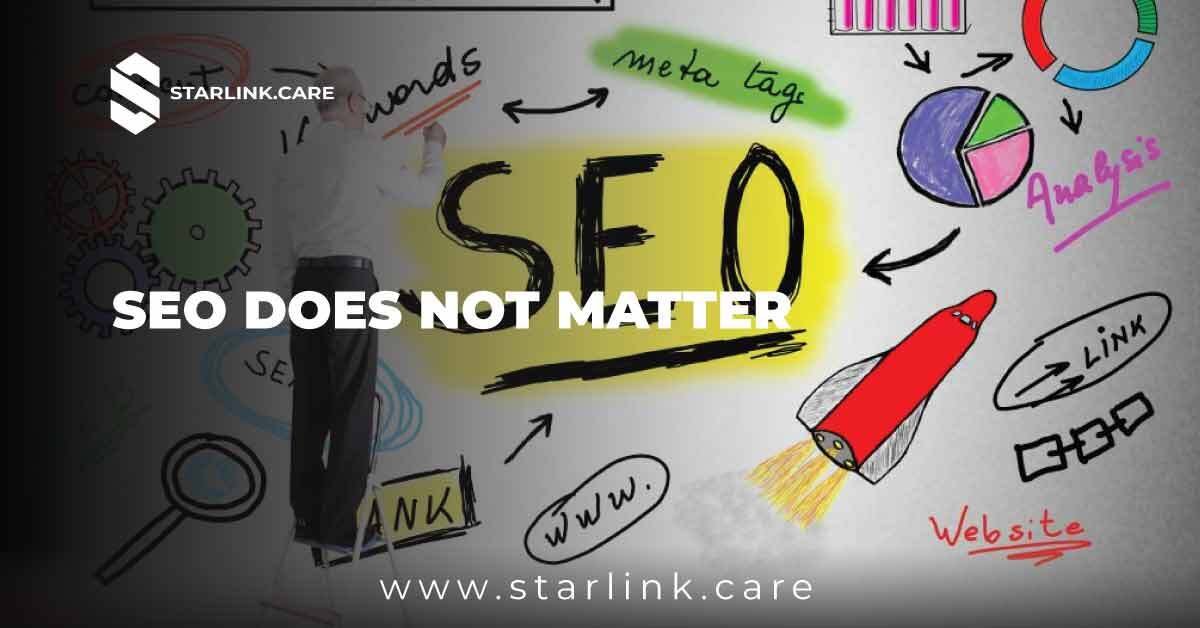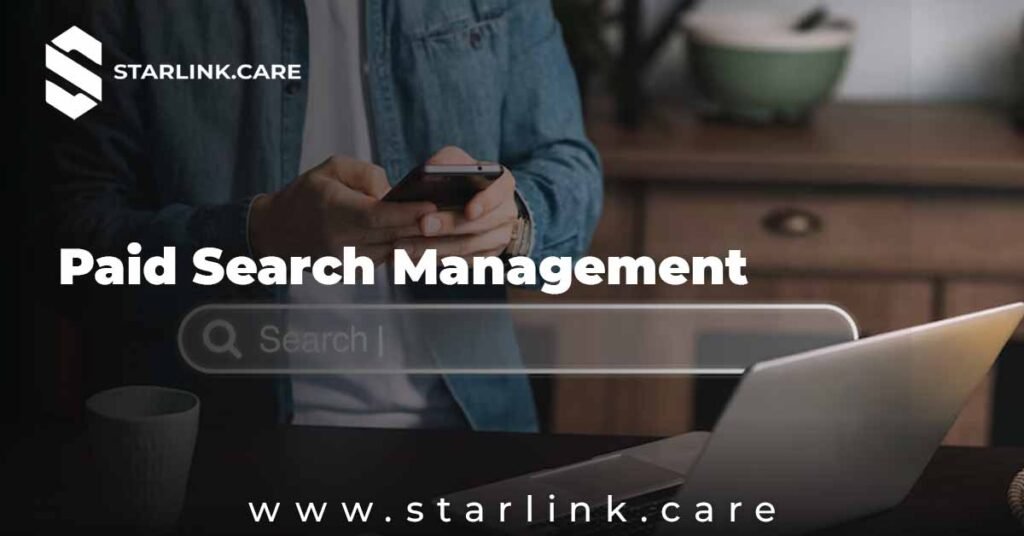Seo Does Not Matter? A Deep Dive into the Debate
In the vast landscape of digital marketing, Search Engine Optimization (SEO) often emerges as a hot topic. Some argue that SEO is crucial for online success, while others claim it doesn’t matter as much as people think. So, Seo Does Not Matter? In this article, we’ll explore both sides of the argument, the importance of SEO in today’s digital world, and how to approach it effectively.
The Case Against SEO
1. Instant Gratification of Paid Advertising
One of the most compelling arguments against the necessity of SEO is the immediacy of paid advertising. Platforms like Google Ads allow businesses to show up at the top of search results almost instantly. This means that if you have a budget, you can gain visibility without waiting for organic rankings.
Personal Anecdote
I remember a friend who started an online retail store. Instead of investing time in SEO, she quickly turned to Google Ads. Initially, her sales skyrocketed, and she felt victorious. However, once her budget ran out, her visibility dropped sharply. This experience made her realize that while paid ads can provide quick results, they are not a sustainable long-term strategy.
2. Social Media and Direct Traffic
Another reason some believe SEO doesn’t matter is the rise of social media. Platforms like Facebook, Instagram, and TikTok have become major traffic sources. Many brands are successfully building their audiences through social engagement rather than relying solely on search engines.
3. Content Quality Over Optimization
There’s also a growing belief that high-quality content is more important than optimization. If your content resonates with your audience, it can naturally attract shares and links without extensive SEO work. This concept aligns with the saying, “Content is king.”
The Case for SEO
Despite the arguments against it, there are many reasons why SEO should not be overlooked.
1. Long-Term Strategy
SEO is a long-term investment. Unlike paid advertising, which stops generating traffic once you stop paying, good SEO practices can yield benefits for years. A well-optimized page can continue to attract visitors long after its initial launch.
2. Credibility and Trust
Web users often trust organic search results more than paid ads. According to studies, a significant percentage of people skip ads entirely and click on organic links. This trust can translate into higher conversion rates for businesses that focus on SEO.
3. Cost-Effectiveness
While SEO may require an upfront investment of time and resources, it can be more cost-effective in the long run. Once your site ranks well for targeted keywords, the traffic you gain can be free compared to continuously paying for ads.
4. Increased Visibility
SEO improves your chances of being discovered by potential customers. With billions of searches conducted every day, optimizing your website ensures that you can capture a share of that traffic.
Step-by-Step Guide to Effective SEO
Now that we’ve explored both sides of the argument, how can you implement effective SEO practices? Here’s a simple step-by-step guide to get you started:
Step 1: Conduct Keyword Research
Identify keywords that your target audience is searching for. Tools like Google Keyword Planner or Ubersuggest can help you find the right terms to target.
Step 2: Optimize Your Content
Once you have your keywords, integrate them naturally into your content. Focus on optimizing title tags, meta descriptions, headers, and the body of your articles. But remember, prioritize readability and value for your audience.
Step 3: Improve Site Structure
Make sure your website is easy to navigate. A well-structured site not only helps users find information quickly but also allows search engines to crawl and index your pages efficiently. Consider using tools like Screaming Frog to analyze your site structure.
Step 4: Build Quality Backlinks
Backlinks are crucial for Search Engine Optimization. Seek opportunities to guest post on reputable sites, collaborate with influencers, or create shareable content that others want to link to. Tools like Ahrefs can help you track your backlinks.
Step 5: Monitor and Adjust
Finally, regularly monitor your performance using tools like Google Analytics and Google Search Console. This data will help you understand what’s working and what needs adjustment.
Conclusion: Finding the Balance
So, Seo Does Not Matter? The answer isn’t a simple yes or no. While there are valid arguments against it, the benefits of SEO in building a sustainable online presence are hard to ignore. In a world where online visibility can make or break a business, investing in Search Engine Optimization is often a wise choice.
Ready to Elevate Your Online Presence?
Seo Does Not Matter? If you’re serious about improving your SEO strategy, consider seeking professional help. SEO agencies can provide tailored solutions that fit your business needs, ensuring that you don’t miss out on potential traffic and customers.
Your Journey to Success
Seo Does Not Matter? The digital landscape is constantly evolving, and staying ahead requires a balanced approach. By understanding the importance of SEO and how it fits into your overall marketing strategy, you can achieve long-term success and visibility for your business.







